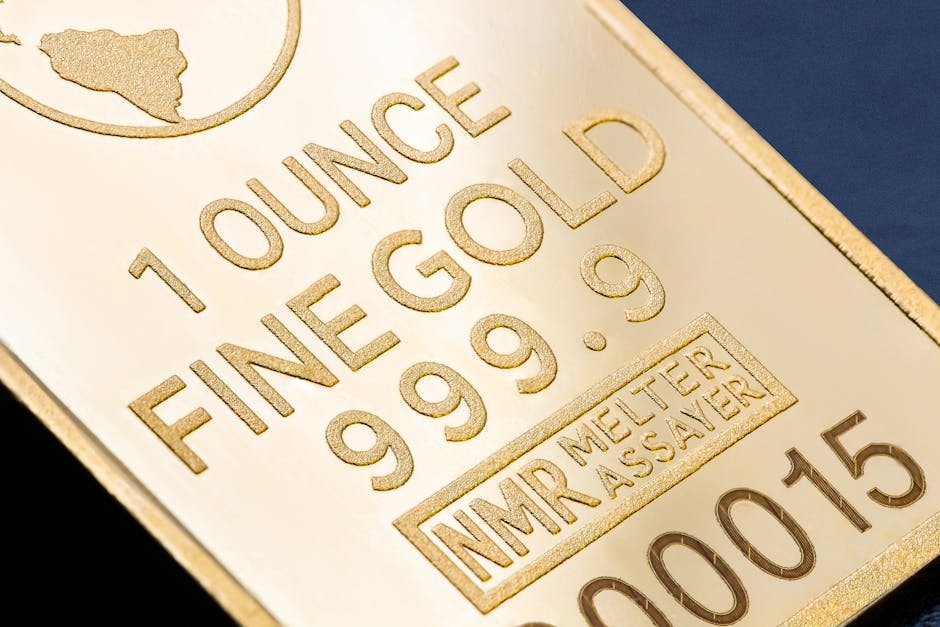Commodities don’t earn you any interest, dividends and on aggregate no substantial real capital gains either. And it’s why I’m not a fan of them. While you hold them, it’s like putting money under your mattress, only worse: they bleed away your buying power and cost you storage, insurance and possibly management fees if you have a fund/ETF. Like gold speculators, you believe that eventually somebody will pay a higher price for the gold you’ve bought. The truth is, there’s little hope of it appreciating in value or earning a return.

America’s most successful business magnate and investment guru, Warren Buffett (Trades, Portfolio), has long rejected the idea that gold is a worthy commodity:
Gold is a way of going long on fear, and it has been a pretty good way of going long on fear from time to time. But you really have to hope people become more afraid in a year or two years than they are now. And if they become more afraid you make money, if they become less afraid you lose money, but the gold itself doesn't produce anything.
Buffett isn’t the only one. Billionaire Charlie Munger (Trades, Portfolio) (business partner to Buffet) said that "civilized people don't buy gold." He also famously advised to "invert, always invert" to solve problems. Munger undoubtedly learned this lesson from Carl Jacobi, a German mathematician popular in the 19th century.
I’d like to try an exercise, replacing the notion of gold and other commodities with bonds. Let’s see if any of this rings true to you. To make it easier you can put European in front of every instance of bonds.
- Bonds are nothing more than dead money.
- You cannot expect to earn any return beyond the rate of inflation when you hold bonds.
- Just to own these bonds, you’ll pay management fees assuming they’re held in an ETF or fund.
- Your impetus for buying bonds is your belief that someday, someone will pay you an even higher price (meaning an even greater negative return).
- Bonds are a way of going “long on fear.”
- If people in the market become less afraid, you’ll lose money.
This is a fascinating exercise in logic because it suggests that bonds work the same way as commodities.
Have a look at this chart which compares the prospects of two major ETFs, the SPDR Gold Trust (GLD, Financial) and the iShares 7-10 Year Treasury Bond ETF (IEF, Financial):

Source: gold vs. government bonds
The chart above underscores why Treasurys are a bad investment right now. You simply can’t walk away with a big gain. There are limited circumstances when your purchasing power would remain intact and worse; the scenarios reveal negative real returns that are significant.
This has not always been the case, but a sequence of events and market policies has made it increasingly difficult as an investor to preserve your purchasing power.
Located in Europe, my preferred method is to have some (deep value) stock, some special situation investments, some alternative investments (lots of value in this space because of the ETF onslaught on hedge funds) and short European Treasury ETFs. The latter offer strongly negative real returns under 2% inflation scenarios. Shorting the IEF, which is the subject of this article, also has appeal. So while I am a fan of precious metal royalty companies and selectively buy gold mining companies, I wouldn’t mind holding physical gold ETFs like the SPDR Gold Shares. It's not a coincidence it's this environment where Berkshire Hathway (BRK.A, Financial) (BRK.B, Financial) issued euro-denominated debt for the first time in its history in 2015. Buffett likes it when people give him free stuff.
Disclosure: I have a little bit of exposure to a gold ETF but not GLD. I'm short European bonds.
Also check out: